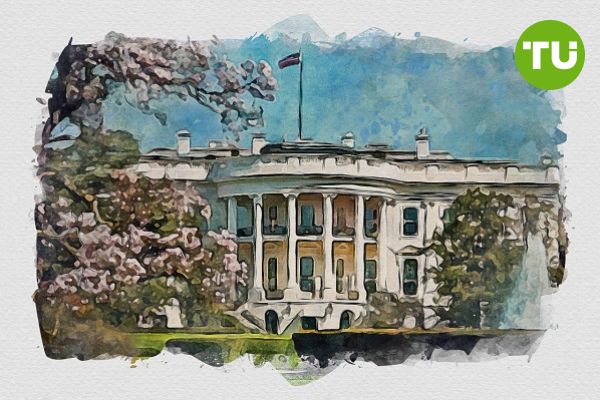Trump administration plans to rebrand USAID and add blockchain oversight
 USAID to be renamed IHA
USAID to be renamed IHA
The Trump administration is planning to restructure USAID by renaming it to the "U.S. International Humanitarian Aid" (IHA) and integrating blockchain technology into its procurement process to enhance spending transparency.
According to a government memo circulating among U.S. State Department officials, the reorganization and rebranding of USAID are detailed in a 13-page excerpt obtained by Politico. The document outlines structural changes planned for the humanitarian agency under Trump’s leadership.
In addition to changing the name to the International Humanitarian Aid (IHA), USAID will reportedly begin integrating blockchain technology into its procurement operations.
“All disbursements will also be secured and tracked via blockchain technology to radically improve safety, transparency, and traceability,” the document states.
The memo says blockchain use is intended to support innovation and efficiency and enable “more agile and responsive programming focused on measurable impact, not just activity implementation and input tracking.”
Multiple blockchain applications under consideration
It is still unclear how blockchain technology will be implemented in USAID's daily operations. Several options are being considered, including using blockchain-based registries to record aid distribution for increased transparency and accountability.
Another potential outcome is that the agency may start disbursing financial aid to partners using stablecoins instead of traditional wire transfers. However, for this to happen, the U.S. Congress must pass relevant legislation governing stablecoins and broader market infrastructure.
Blockchain has previously been used in humanitarian contexts. In 2018, the Kenya Red Cross launched a pilot program titled "Blockchain Technology in Humanitarian Programming," using blockchain to log transactions and distribute aid without the need for recipients to open bank accounts.
In 2022, the United Nations High Commissioner for Refugees (UNHCR) also ran a small-scale pilot to distribute financial assistance via stablecoins to displaced Ukrainian individuals affected by the ongoing Russia-Ukraine war.
As we wrote, the Bitcoin community has reacted strongly to reports that the United States Agency for International Development (USAID) funded a book portraying Bitcoin as linked to right-wing extremism.













































































































































